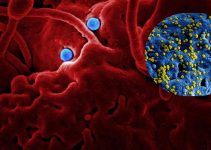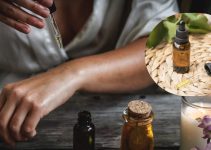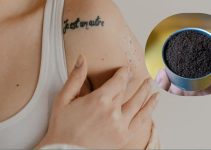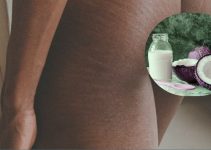In our previous post we talked about: Acne: Symptoms, Types and Diagnosis – Now I’m going to show you how to treat it.
There are two ways to treat Acne: topical and systemic.
The way you choose to treat Acne will depend on how severe it is.
The best thing is to visit a doctor and have it be a specialist who, after an evaluation, determines what will be the correct way to treat it.
Here is how the treatment is applied according to the severity of the Acne:
Mild Acne
For this level of Acne, topical treatment is recommended as a therapy to eradicate i.
This treatment includes exfoliants, which can be salicylic acid, elemental sulfur, or glycolic acid.
Also included are benzoyl peroxides that can be applied from 4, 5, or 10%.
Azelaic acid and retinoids are included in the topical treatment of mild Acne. It can be tretinoin, adapalene, isotretinoin.
Moderate Acne
When Acne is moderate, a topical treatment is recommended as well.
In this type of Acne, the topical treatment consists of benzoyl peroxide, antibiotics, and retinoids.
Recommended antibiotics include clindamycin phosphates and hydrochloride, tetracycline hydrochloride, and erythromycin base).
Severe Acne
In severe Acne, the specialist will recommend a systemic treatment.
This treatment includes systemic antibiotics, such as erythromycin, clindamycin, tetracyclines, and minocycline.
Treatment with systemic antibiotics should last between 3 and 6 months.
Systemic retinoids, which must be administered according to medical advice, are also recommended as systemic treatment.
There are cases in which this treatment must be applied to more than one treatment cycle.
Very severe Acne
When Acne is very severe, it is necessary to determine its severity very well since there are two types of treatments in these cases:
Systemic treatment
This consists of isotretinoin together with systemic or intralesional corticosteroids.
Surgical treatment
This treatment is applied when it is necessary to drain the cysts.
It is also recommended when the mechanical removal of comedones is necessary. When it is, it is a complementary treatment.
How acne occurs?
Acne generally arises during adolescence. It has been established that 80% of adolescents suffer from it.
It is produced by the interaction between bacteria, sebum, and the hormones that live in or on the skin and in the hair.
It happens during puberty due to increased activity of the sebaceous glands.
It often happens that dry sebum, peeling skin, and bacteria accumulate in the pores of the skin, forming a comedo.
This comedo prevents sebum from flowing from the hair follicles and passing through the pores.
When the blockage is complete, the white dots appear. Blackheads form when the blockage is incomplete.
Now, it must be taken into account that particular types of Acne can affect adults and even newborns.
This is because they are exposed to certain industrial products. This is called occupational Acne.
Newborns also get Acne when they take some types of medications.
When drugs induce Acne, they present as oral corticosteroids. However, it is one of the less frequent forms.
Causes and risk factors
There are four fundamental factors that intervene in the cause of Acne, these are:
Excessive fat production
Blockage of hair follicles with fat and dead skin cells
Bacteria
Excess activity of a type of hormones (androgens)
Now, in terms of risk factors, they are presented below:
Hormones
In young people, the androgens that increase at puberty increase the sebaceous glands, and these produce more sebum.
On the other hand, hormonal changes due to pregnancy or the use of oral contraceptives also affect the production of sebum.
Medicines
Drugs that have corticosteroids, lithium, or testosterone are risk factors.
Diet
There are certain dietary factors that can influence the appearance of Acn
These include skim milk, bread, French fries, among other foods rich in carbohydrates.
Although it has not been determined that Acne is caused by the consumption of chocolate, it has been proven that it aggravates the condition of the symptoms.
Stress
Stress can be a determining risk factor, taking Acne to other stages of its evolution.
It is essential that you take these risk factors into account so that you avoid increasing the possibility of suffering from them.
Remember that in the case of being exposed to these risk factors and suffering from one of the symptoms of Acne, it is best to go to the doctor.





